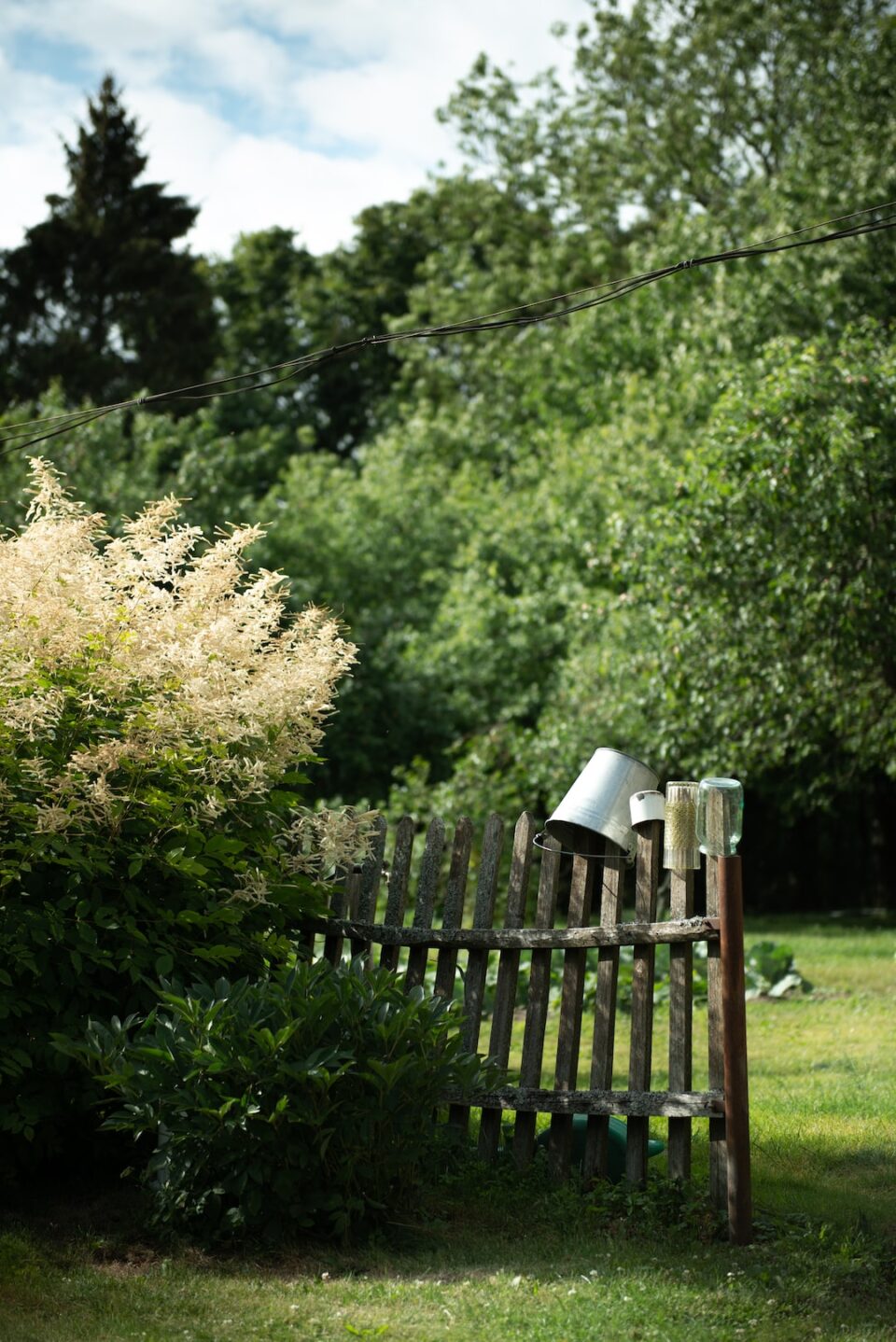In recent years, there has been a growing awareness and concern about our environment and the impact of human activities on the planet. One area where we can make a significant difference is in our own gardens. By adopting sustainable gardening practices, we can create an eco-friendly garden that not only benefits the environment but also provides us with a beautiful and thriving space.
Sustainable gardening is all about working with nature, rather than against it. It is about creating a balance that supports the health of our plants, our soil, and our surrounding ecosystems. Here are some important practices to implement in your own garden:
1. Water wise: Water is a precious resource, and the way we use it in our gardens can have a significant impact on the environment. Consider installing a rainwater harvesting system to collect and store rainwater for irrigation purposes. Use mulch to retain moisture in the soil and reduce evaporation. Also, choose native and drought-tolerant plants that require less water.
2. Organic gardening: Say no to synthetic fertilizers and pesticides that can harm the soil, water, and beneficial insects. Instead, opt for organic fertilizers, compost, and natural pest control methods. Composting kitchen scraps and garden waste not only reduces landfill waste but also enriches the soil with valuable nutrients.
3. Biodiversity: Encourage biodiversity in your garden by planting a variety of native plants. Native plants are adapted to the local climate and require less maintenance, water, and fertilizers. They also attract and support a diverse range of insects, birds, and wildlife, providing them with food and habitat.
4. Reduce, reuse, recycle: Embrace the three R’s in your gardening practices. Reduce waste by avoiding excessive packaging and propagating plants from seeds or cuttings. Reuse materials such as containers, pots, and old garden tools instead of buying new ones. Recycle green waste into compost or use it as mulch.
5. Companion planting and crop rotation: Practice companion planting by growing compatible plants together. Some plants have natural pest deterrent properties, while others attract beneficial insects. Similarly, rotate your crops each year to reduce the buildup of pests and diseases in the soil.
6. Integrated pest management: Rather than reaching for chemical pesticides as the first solution, adopt integrated pest management (IPM) techniques. IPM involves identifying pests, monitoring their populations, and using a combination of cultural, biological, and physical methods to control them. This reduces the need for chemical intervention and helps maintain a healthy balance in the garden ecosystem.
7. Use renewable resources: Opt for sustainable materials in your garden, such as bamboo or reclaimed wood for garden structures and furniture. Consider using renewable energy sources, such as solar-powered lights, to reduce your carbon footprint.
8. Wildlife habitat: Create a haven for wildlife in your garden by providing food, shelter, and water sources. Install bird feeders, bird baths, and butterfly houses. Avoid removing dead trees or snags, as they provide nesting sites for birds and shelter for insects.
By implementing these sustainable gardening practices, we can create a more eco-friendly garden that not only positively impacts the environment but also offers us joy, beauty, and a deeper connection to nature. Let us embrace the responsibility of being stewards of our planet, one garden at a time.

